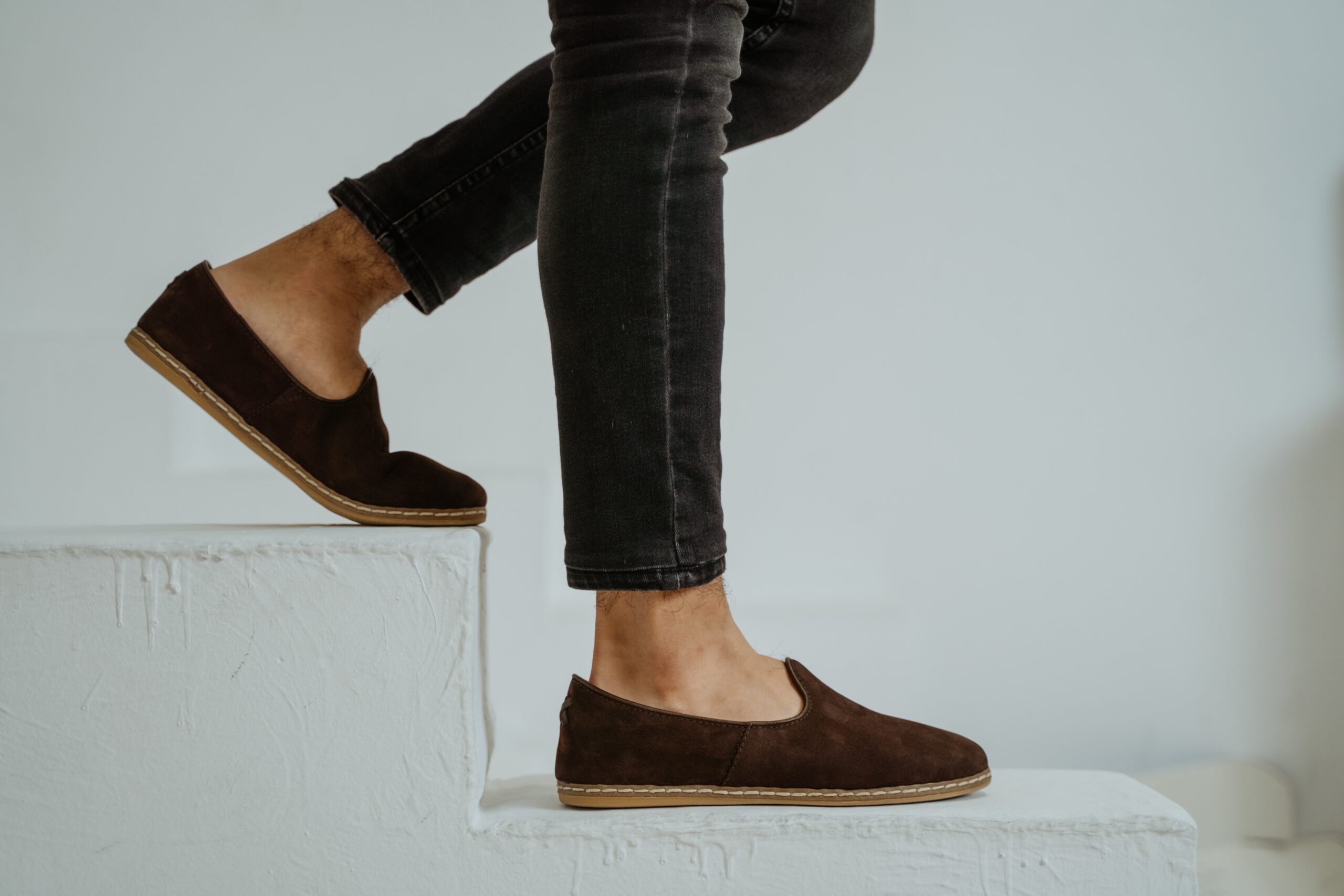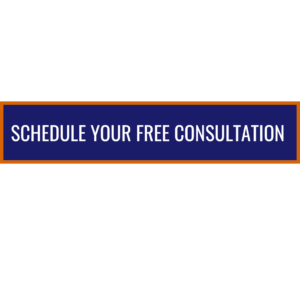
Role of Property Owners in Preventing Slip and Fall Accidents: A Legal Perspective
Property owners, whether of residential, commercial, or public property, have a crucial role in maintaining safety and preventing accidents, particularly slips and falls. This duty is not just a moral one; it is a legal obligation called premises liability. Understanding this concept is essential for property owners to effectively prevent accidents and protect themselves from potential legal claims.
Understanding Premises Liability
At its core, premises liability is a legal concept that holds property owners and occupiers responsible for accidents and injuries that occur on their property. It establishes that a property owner has a duty of care towards individuals who enter their property, a duty that involves maintaining a safe environment and promptly addressing hazards.
Preventing Slip and Fall Accidents
Here are a few steps property owners can take to prevent slip and fall accidents:
Routine Maintenance and Inspections: Regularly inspect the property for potential hazards like uneven flooring, wet surfaces, loose carpeting, or poor lighting. When detected, these hazards should be rectified as quickly as possible.
Immediate Response to Hazards: Accidents often occur due to temporary hazards like spills, ice, or fallen debris. It is the responsibility of the property owner to promptly remove these hazards or provide adequate warning signs until the issue is resolved.
Adequate Lighting: Good lighting is key to preventing slip and fall accidents. All areas, especially stairs, hallways, and entrance ways, should be well lit to help people see and avoid potential hazards.
Implementing Safety Measures: Property owners can take proactive steps such as installing handrails on stairways, applying non-slip coatings to floors, or using mats at entrance ways to reduce the risk of slip and fall accidents.
The Legal Perspective
From a legal standpoint, failure to maintain a safe environment or promptly address hazards can lead to a breach of the duty of care. If someone is injured as a result, the property owner can be held legally responsible and may face a premises liability claim.
In such a claim, the injured party typically needs to prove three elements:
- Duty of Care: The property owner had a legal obligation to ensure the safety of the premises.
- Breach of Duty: The property owner failed to uphold this duty of care, for example, by not addressing a known hazard.
- Causation: The breach of duty directly resulted in the individual’s injuries.
It’s important to note that premises liability laws can vary by state, and certain nuances may apply. For instance, some states consider the status of the visitor (i.e., invitee, licensee, or trespasser) in determining the property owner’s duty of care.
In conclusion, preventing slip and fall accidents is not just about preserving a safe and enjoyable environment; it’s a legal obligation. By understanding their duty of care and taking proactive steps to maintain their premises, property owners can reduce the risk of accidents, contribute to a safer community, and protect themselves from potential legal action. As always, if you’re a property owner and unsure about your obligations, consulting with a legal professional is a wise course of action.
A personal injury lawyer can help you understand your legal options and negotiate a fair settlement on your behalf. Click here to schedule a free consultation with one of our skilled California lawyers to learn more about your options. Or call our offices at 707 549 8166.

